

Cosmox Blogs
The Mystery of Dark Web: Myths & Realities
Let’s face it: we’ve all heard of the dark web. It sounds like the beginning of a sci fi thriller—a hidden, digital underworld where secrets lurk and people communicate in whispers. But what exactly is the dark web, and why does it have such a mysterious reputation? Is it as sinister as it sounds, or is there more to the story? Today, we’re diving into the truth behind the dark web, busting myths, and revealing the realities that most people don’t know about.
What Exactly Is The Dark Web?
The internet as we know it—the sites we browse, the social media we scroll through, the emails we send - is actually just a small fraction of the entire internet. This part is known as the surface web, which is accessible to anyone with an internet connection. But beneath this visible layer lies the deep web, which makes up about 90-95% of all internet content.
Wait, 95% of the internet is hidden from us? Basically, yes. However, most of this content isn’t spooky or illegal; it’s just information not indexed by search engines like Google. Think of it like this: your bank account details, academic databases, medical records, and private company intranets are part of the deep web—they’re there but aren’t meant for the general public to find.
Then comes the dark web, which is a tiny portion of the deep web but holds a unique status. Unlike the deep web content we just talked about, you can’t access the dark web with a regular browser. You need special software, like TOR (The Onion Router), which is designed to mask users’ identities and locations.
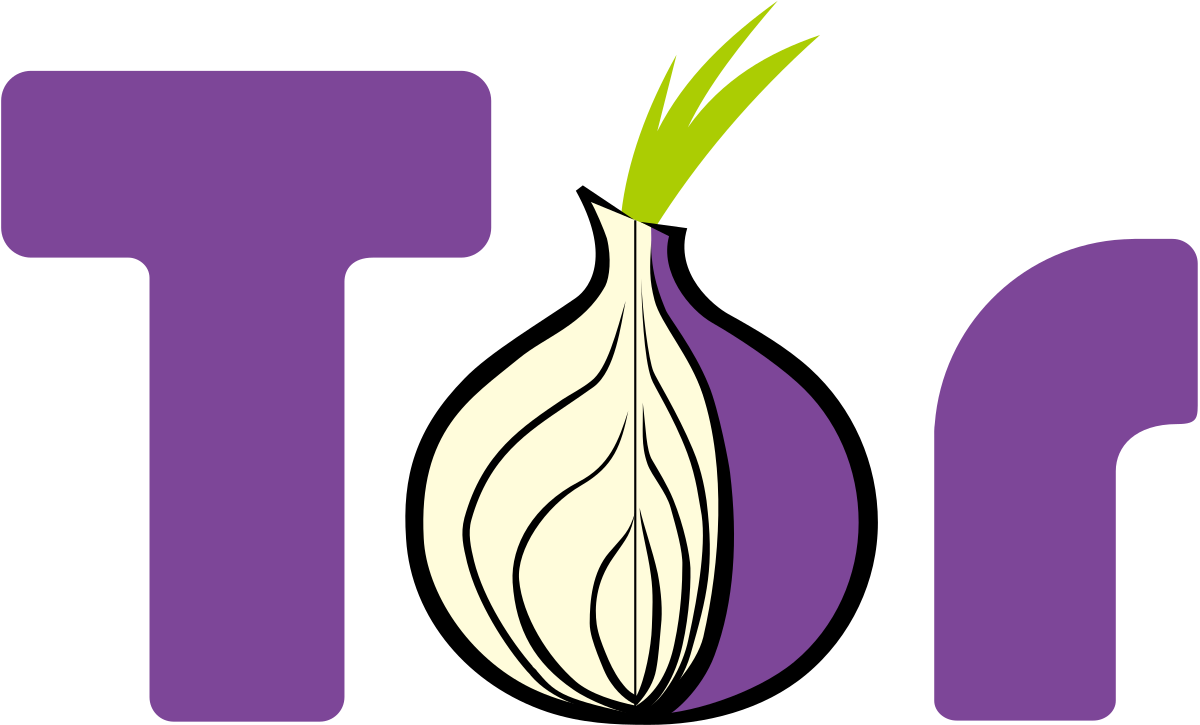
Myth 1: The Dark Web Is Only For Criminals
Perhaps the biggest misconception about the dark web is that it's just a haven for criminals. Sure, there are places on the dark web where illegal activities happen, from black markets to unlicensed pharmaceuticals. But the reality is that not everyone who uses the dark web is up to no good.
Many journalists, political activists, and whistleblowers use the dark web to communicate securely and protect their anonymity. In countries with heavy censorship, the dark web is a lifeline for people seeking uncensored news and freedom of expression. It’s a tool to avoid surveillance and government control, a platform where free speech can thrive when it’s suppressed on the surface web.

Myth 2: The Dark Web & Deep Web Are The Same Thing
People often lump the dark web and the deep web together, but they’re actually quite different. The deep web is simply any part of the internet not indexed by search engines—like academic research sites, subscription-based journals, or databases. Meanwhile, the dark web specifically refers to websites that are intentionally hidden and can only be accessed with special browsers like Tor.
How does Dark Web Work?
The reason the dark web is hidden is due to its use of anonymity-preserving technology, particularly onion routing. When you visit a website on the dark web, your data doesn’t just go from point A to point B. Instead, it’s layered (like an onion) through various servers, making it incredibly difficult to trace your actions back to you.
Imagine your data journeying through a maze of mirrors, each reflection bouncing off in different directions, before finally reaching its destination. This adds layers of encryption, making the user and the site itself anonymous. That’s why it’s hard to track who’s visiting these sites or who’s behind them.
The Reality: There Is A Legal Side to Dark Web
Yes, the dark web isn’t entirely a den of illegal activity. Many legit organizations use the dark web for secure communication. For example:
-> Whistleblowers: Sites like WikiLeaks allow people to submit documents anonymously, exposing corruption without fear of retaliation.
-> Journalists: Organizations like The New York Times and BBC have dark web portals where sources can securely contact them.
-> Human Rights Advocates: Activists in countries with limited internet freedoms can use the dark web to access information without the government tracking them. For these groups, the dark web provides a layer of security that protects their mission.
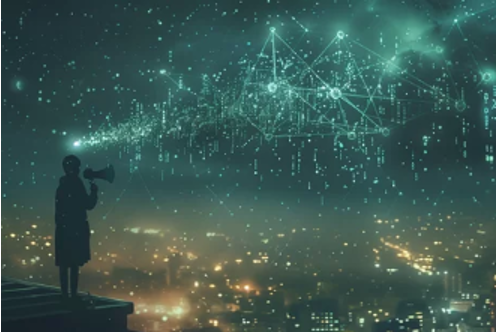
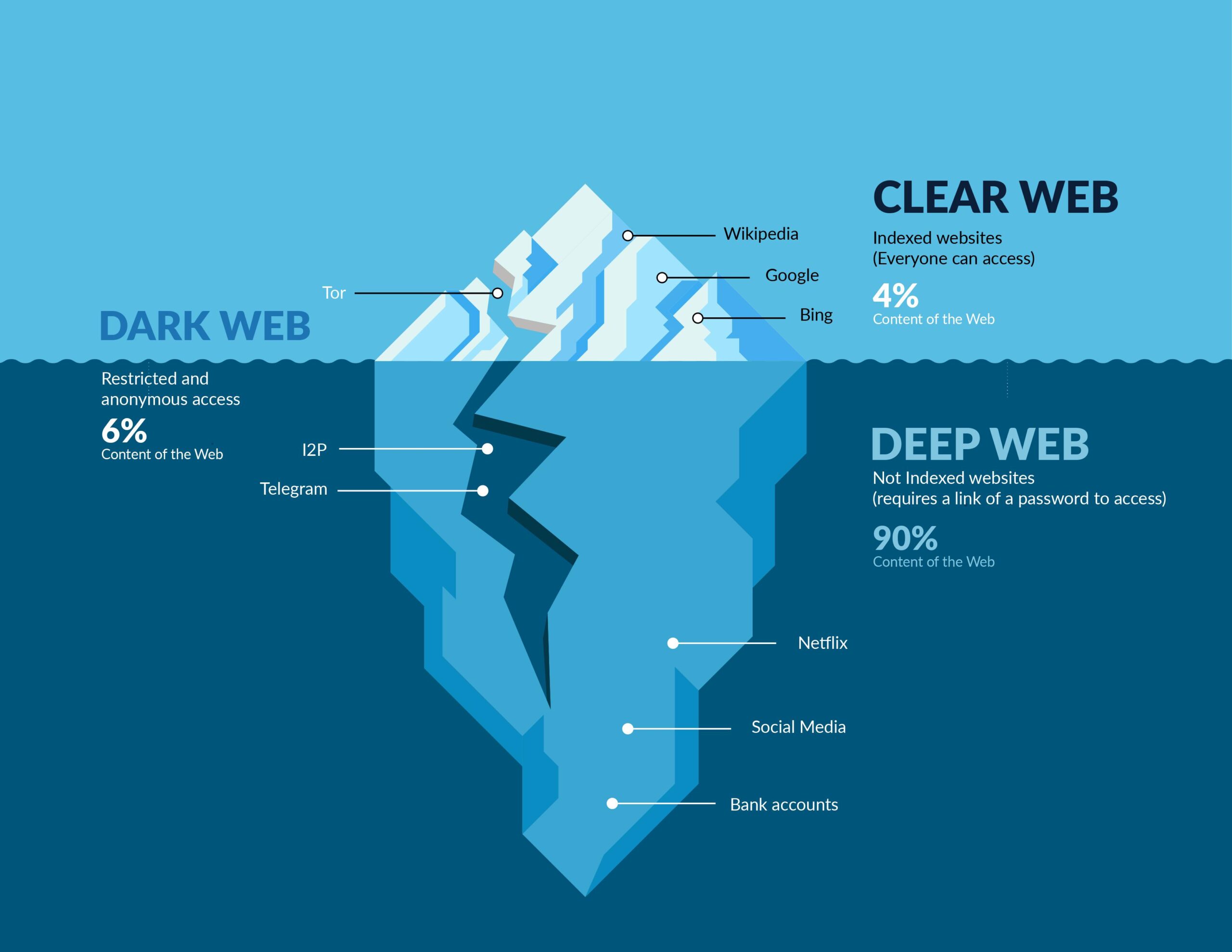
Myth 3: The Dark Web Is Impossible Track
Here’s another surprising reality—despite the anonymity it offers, the dark web is not a free-for-all for criminals. While the technology behind it makes tracing activities challenging, it’s not foolproof. Law enforcement agencies, especially in countries with advanced tech capabilities, have successfully monitored and shut down illegal operations on the dark web. Notable examples include the takedown of Silk Road, a black market for illegal drugs, and AlphaBay, another infamous marketplace.
Why Do People Use The Dark Web?
So, what exactly draws people to this hidden part of the internet? Here are some of the reasons:
-> Privacy Concerns: People concerned about privacy use the dark web to communicate without fear of surveillance. They may not be doing anything illegal, but they value their right to online privacy.
-> Access to Restricted Information: In countries where censorship is high, citizens might rely on the dark web to access uncensored news, social media, and other information.
-> Protection of Freedom of Speech: People working in fields where they may face retaliation—such as whistleblowers, journalists, or activists—use the dark web to freely express themselves.
-> For wrongdoings
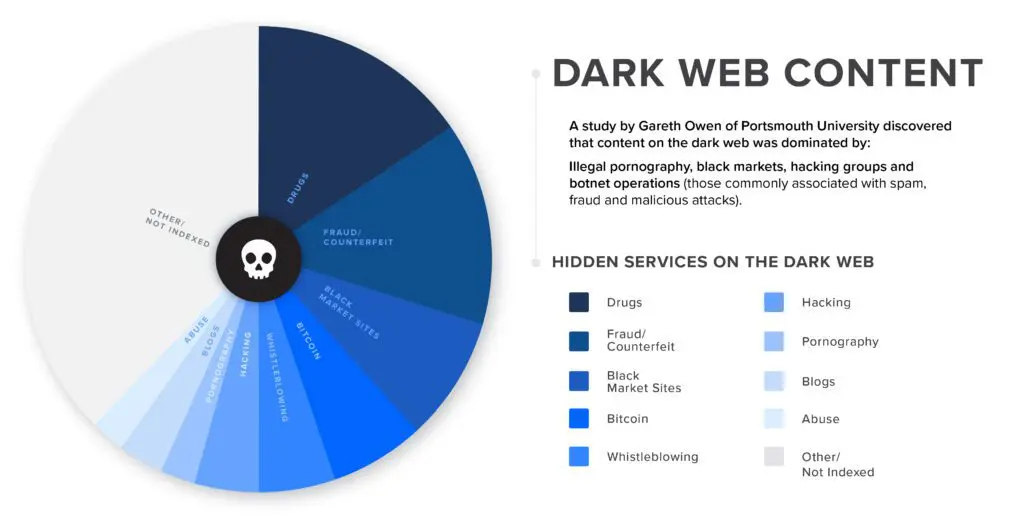
The Dark Web & Everyday Security
Even if you never intend to use the dark web, understanding it is useful because the technologies developed for it often impact the broader internet. For instance, VPNs (Virtual Private Networks), which encrypt your internet traffic to keep it private, are based on principles similar to the technology behind Tor. Likewise, encryption methods used on the dark web are now standard in many privacy-focused services on the surface web.
Dark Web Marketplaces & The Black Market Myth
Yes, there are black markets on the dark web, but not everything on these marketplaces is illegal. These platforms often resemble eBay or Amazon with their user reviews, product descriptions, and vendor ratings, but they operate in a shadowy realm where anything from rare books to banned literature may be sold.
Illegal goods, such as drugs, weapons, or unlicensed pharmaceuticals, can be found on these platforms. However, they are heavily policed, both by law enforcement and by ethical hackers who attempt to shut down these sites. This is one of the reasons why the life expectancy of black-market sites on the dark web is often quite short.
The Risk of The Dark Web
While it offers privacy, the dark web also comes with its risks. Malicious software like ransomware and malware is rampant, and those who enter the dark web unprepared could expose their devices to serious threats. This is why security professionals advise anyone venturing into the dark web to use high-quality antivirus software and robust cybersecurity practices.
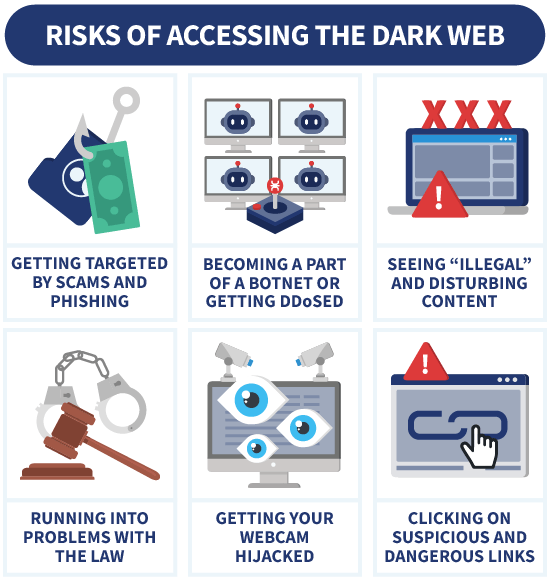
Is The Dark Web Dangerous?
The answer? It can be, but only if you go looking for trouble. Just like in any other part of the internet, your actions determine your risk level. Visiting a legitimate news portal or using an encrypted messenger is safe while interacting with suspicious links or downloading files from unknown sources could spell trouble.
Final Thought: The Dark Web Isn't Black or White
The dark web has a mystique that captivates many people, and while it certainly hosts illegal activities, it’s also a vital platform for those who need privacy and freedom. As with most things in life, the truth lies somewhere in between the myths and the realities. The dark web is neither a paradise for criminals nor a harmless playground. It’s a complex, layered space with good, bad, and everything in between.
So, next time you hear a story about the dark web, remember: it’s not as simple as it seems. It's a space of mystery, yes, but also one where information, privacy, and liberty can coexist beyond the reach of our everyday browsers.

Cosmox Blogs
A non profit organization that works on writing and delivering blogs on cosmology, natural sciences & environment, so that people can learn more about it. We even run a forums page, where our users interacts with each other and discuss about Cosmology, Natural Sciences & Astronomy. We even run an instagram and a youtube channel with podcasts.